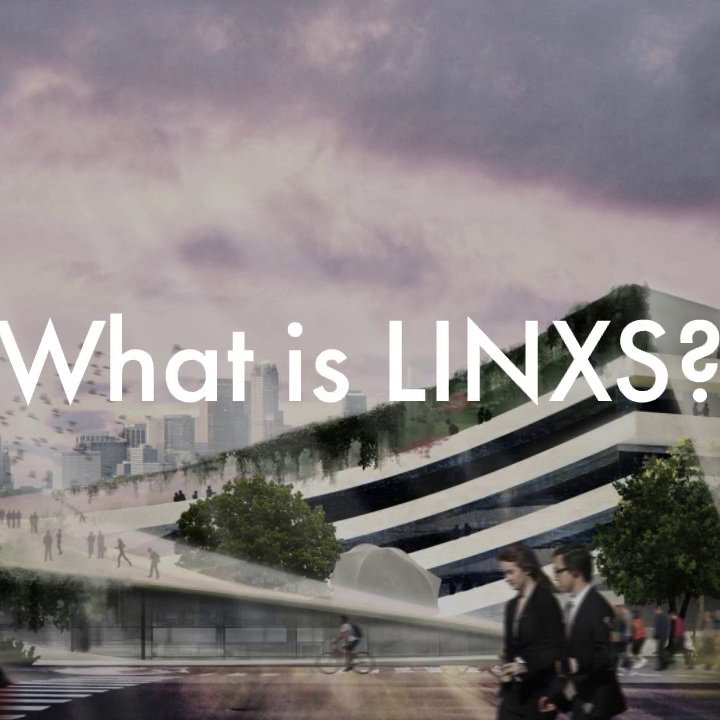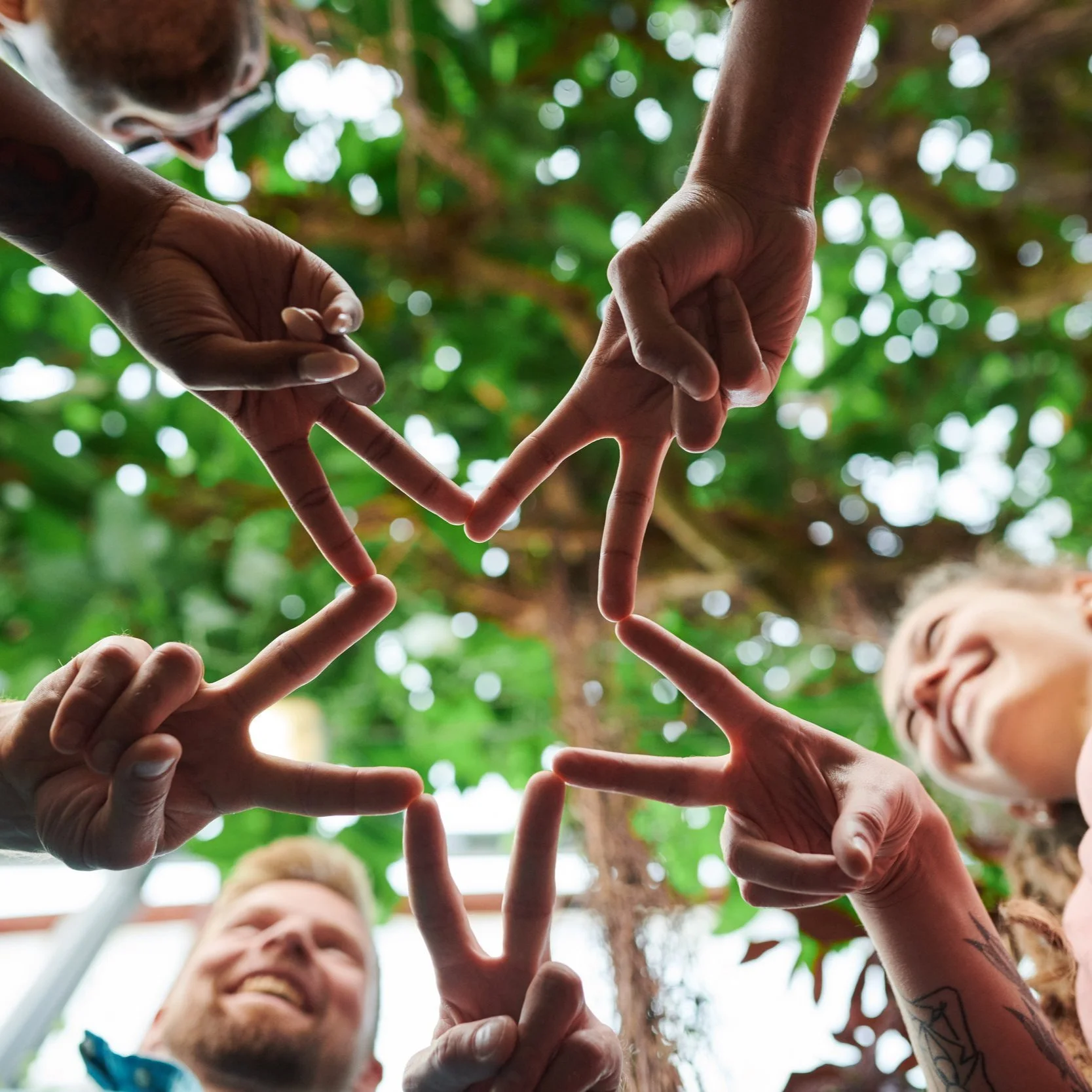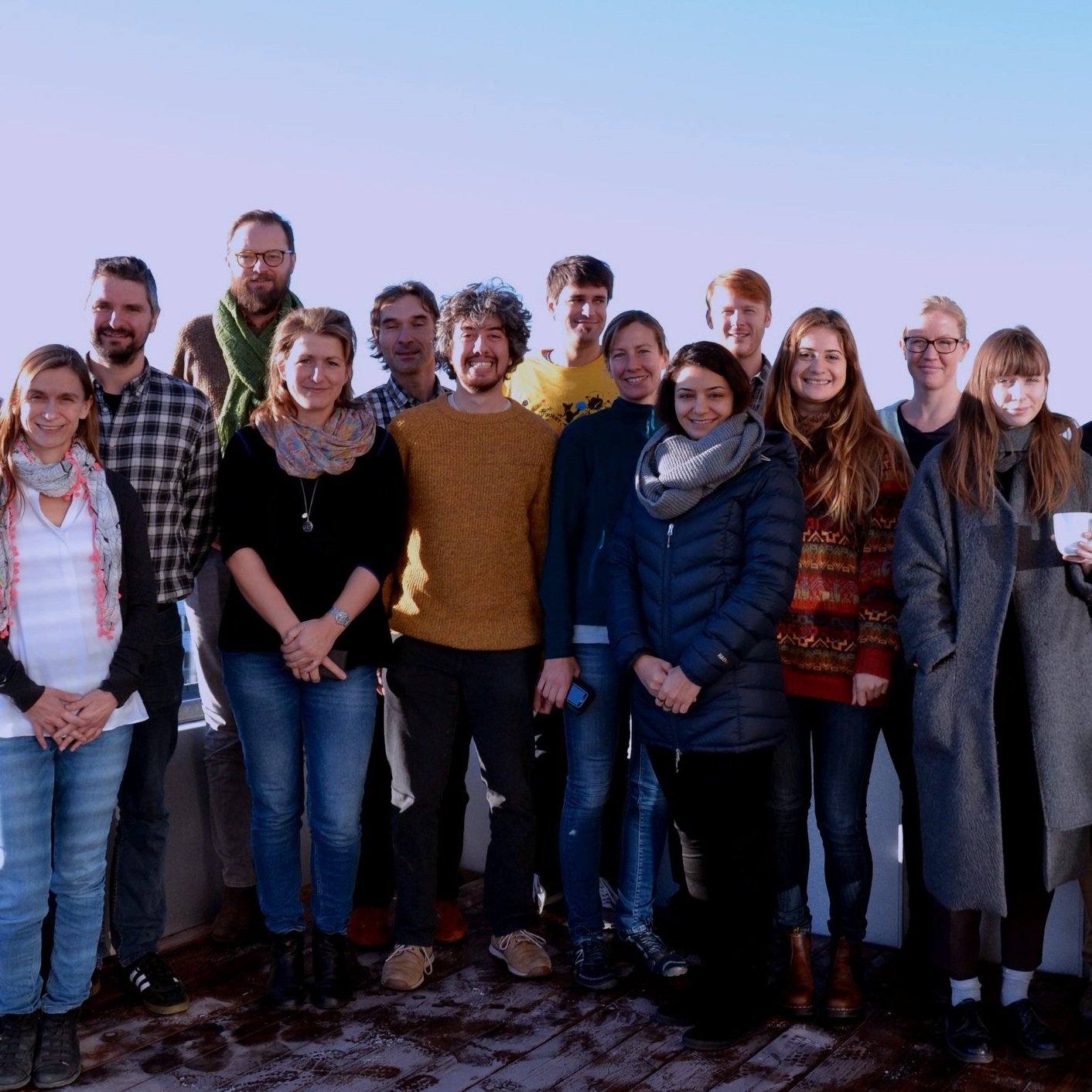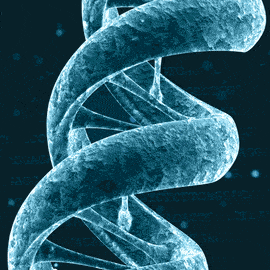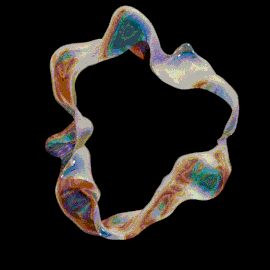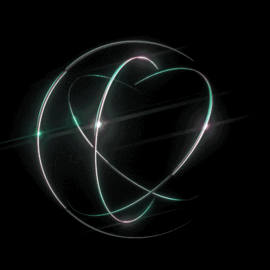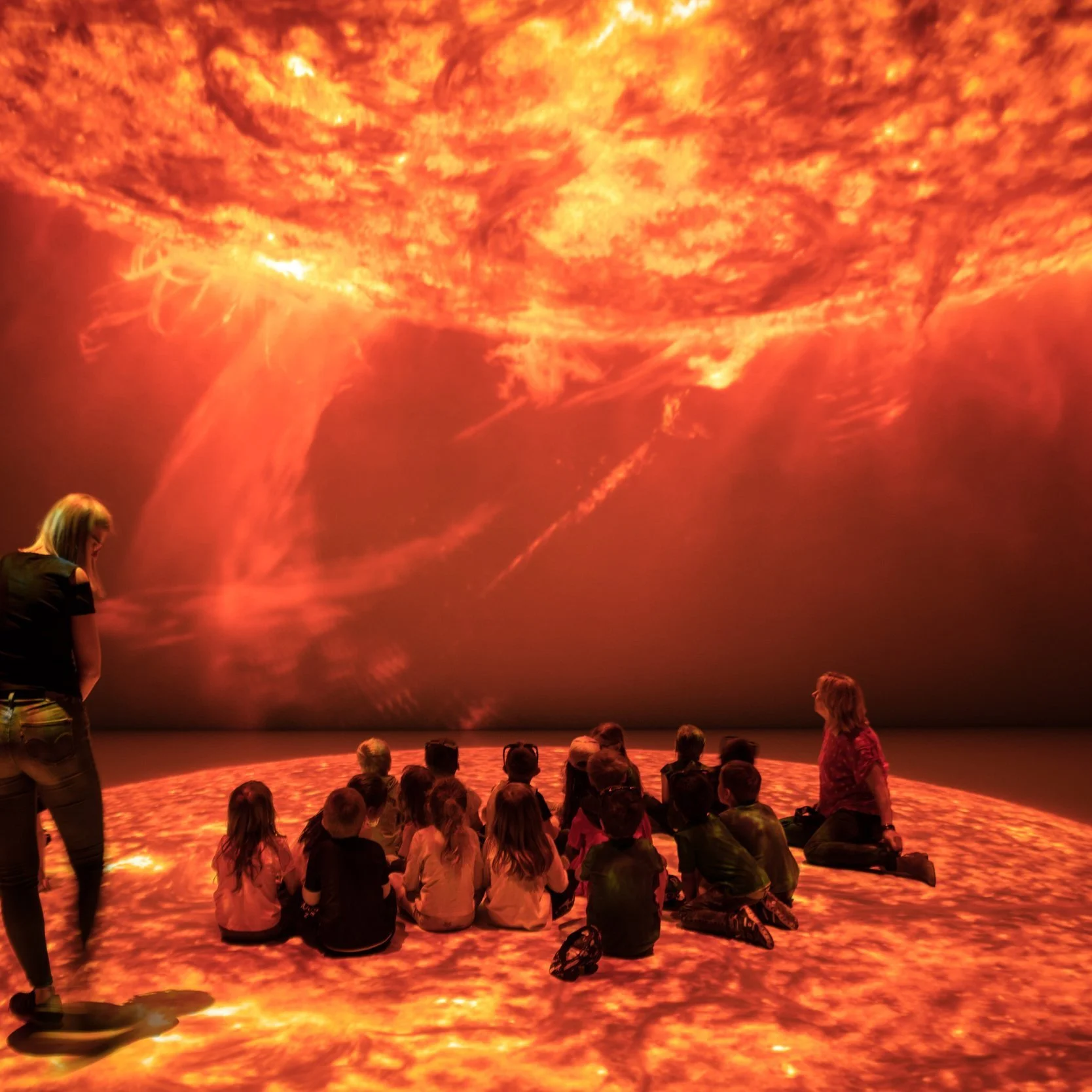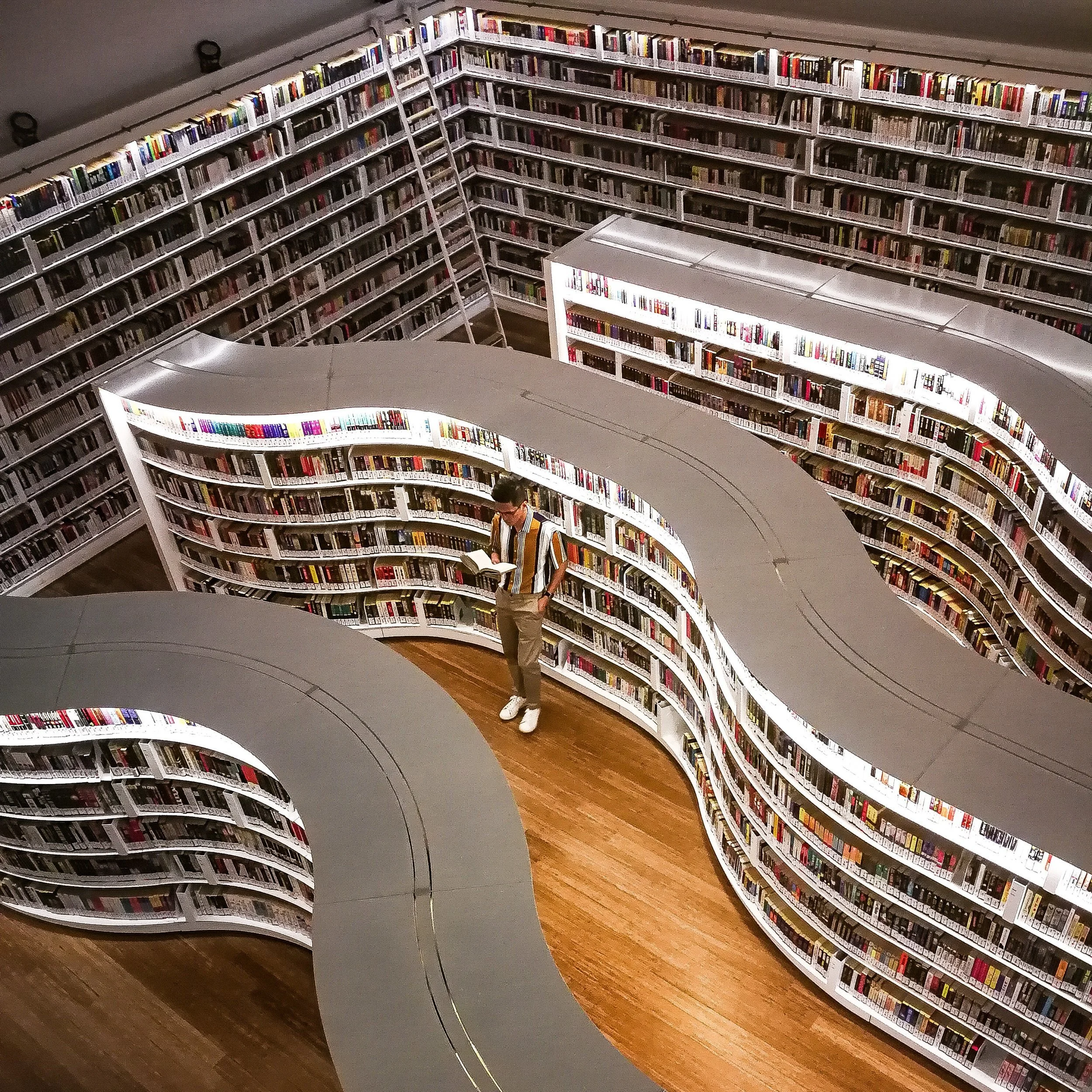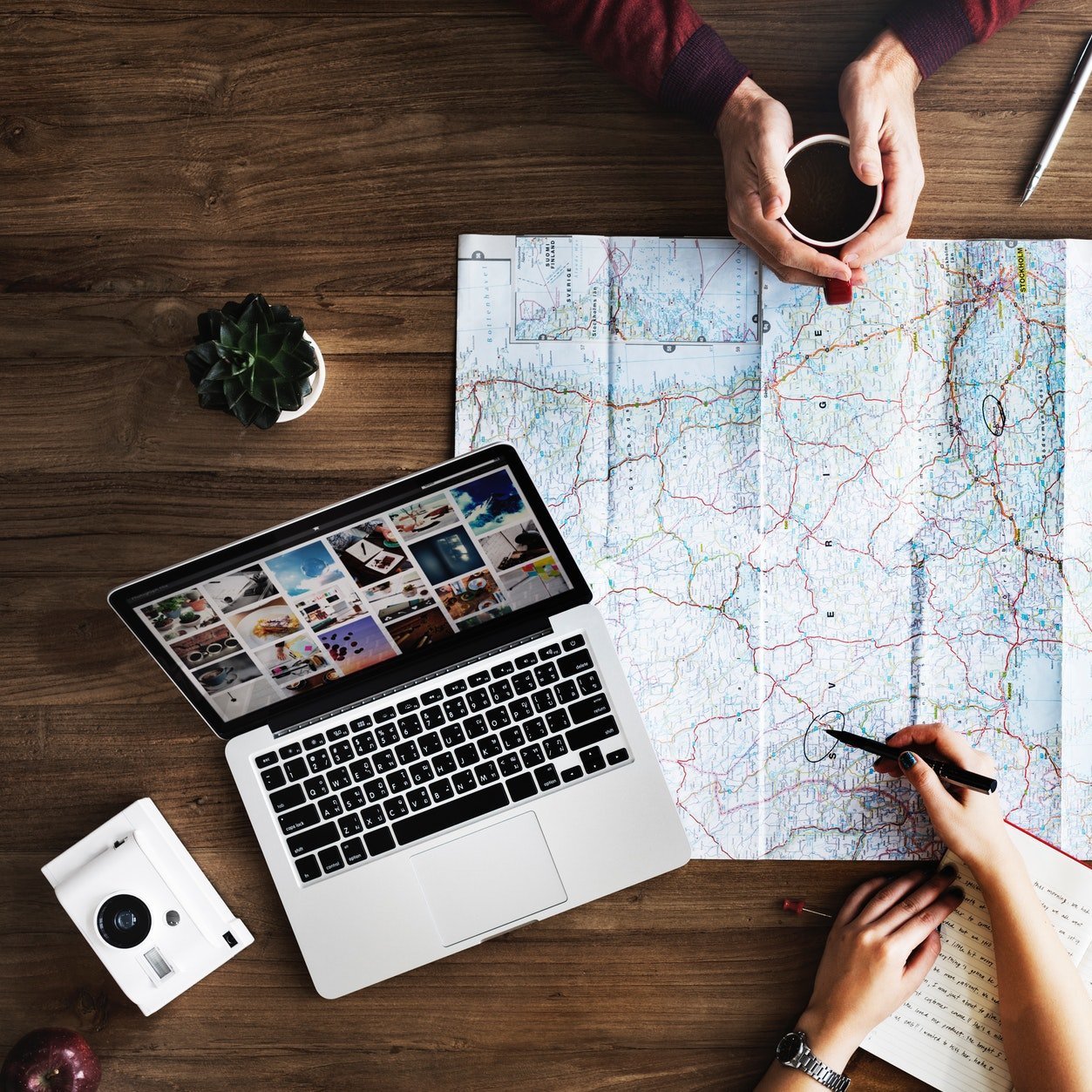LINXS, in collaboration with SNSS and SWEDNESS, is pleased to host and organise the (virtual) 2021 Swedish Neutron Week 10th-12th May, 2021. Due to the Covid-19 restrictions, the event will be held online (on Zoom) and is also free of charge.
The aim of the “Swedish Neutron Week” is to bring together and enhance the Swedish community and research involving neutron techniques. Topics will include science using neutron techniques, as well as method development, in terms of instrumentation, data analysis and theory/simulation. We welcome participation and contributions from academic, large-scale facility, research institute and industry researchers to discuss the latest developments in neutron-related science in Sweden and beyond.
The workshop will take place over 3 afternoons 10th-12th May, 2021, and will include keynote presentations as well as contributed talks. The 1st day will highlight some of the latest developments in neutron-based science, plus the annual SNSS business meeting. On the second day the program will incorporate the 3rd in the SNSS webinar series, which will focus on neutron diffraction. This will be followed by a special SWEDNESS session. The 3rd day will have a focus on the upcoming science possibilities at ESS including presentations on the science being performed in relation to and in preparation for ESS by the Swedish community and ESS scientists.
Registration deadline is May 5. The zoom link to the event will be sent out after the registration deadline.
The event is free of charge.
Keynote speakers
Trevor Forsyth, Institut Laue Langevin/Keele University
Andrew Jackson, Group Leader Instrument Scientists & Head Neutron Instruments Division, European Spallation Source ERIC
Contributed talks
We welcome abstract submissions. The focus areas/themes are:
- Swedish research on neutrons, general (for the Monday session)
- focus on ESS Science and instruments (for the Wednesday session)
Five abstracts will be selected for each focus area. The deadline for abstracts is April 26.
Preliminary agenda
Monday 10th May
13.00 - 13.20 Welcome by SNSS chair / LINXS
13.20 - 14.00 Keynote 1: Trevor Forsyth - Neutrons in Integrated Structural Biology
14.00 - 15.30 Contributed talks x 5 (preference given to Swedish research on neutrons)
• Inna Ermilova (Chalmers Univ. of Technology)
• Tuerdi Maimaitiyili (Swerim)
• Elisabetta Nocerino (KTH Royal Inst. of Technology)
• Marie Lycksell (Stockholm University)
• Katja Frid & Jonas Engqvist (Malmö University)
15.30 - 15.45 Break
15.45 - 16.45 SNSS meeting
1.Brief presentation about SNSS and activities in 2020
2.Presentation of SNSS bibliometric study
3.Activities and budget for 2021
4.Election of new board member (Martin Sahlberg)
5.AOB
Tuesday 11th May
08.30 - 12.30 ESR Career Day (Early Stage Researcher)
13.00 - 15.00 SNSS Seminar Series: Neutron Diffraction
The webinar will be chaired by Martin Sahlberg (Uppsala University)
and confirmed speakers so far are:
• Karen Edler (University of Bath)
• William Brant (Uppsala University)
• Johan Cedervall (Stockholm University)
• Prabhat Pant (Linköping University)
15.00 - 15.10 Break
15.10 - 17.00 SWEDNESS session:
15.10 - 15.50. Information/Update from SwedNess (Martin Sahlberg and Martin Månsson)
15.50 - 17.00. Presentation of the new SwedNess-II research projects
Wednesday 12th May
10.00 - 12.00 GISANS meeting (for more info, see below)
13.00 - 13.40 Keynote 2: Andrew Jackson - Science opportunities at ESS
13.45 - 15.25 Contributed talks (focus on ESS Science and instruments)
• Daria Noferini (ESS)
• Robin Woracek (ESS)
• Alessandra Luchini (PSI/ESS)
• Adrian Sanchez-Fernandez (Lund University)
• Max Wolff (Uppsala University)
15.25 - 16.00 Summarizing and Goodbye
Please find the detailed programme here.
ESR Career Day (Early Stage Researcher)
The Swedish graduate school in neutron scattering (SwedNess) is, together with LINXS and SNSS, organizing a career day for soon-to-be graduating PhD students and young postdocs. Selecting your future career is not an easy task, and there are many different paths available. For this half-day session, we have invited a list of experienced PhDs working within a diverse field of employment, ranging from academia and institutes, to large-scale facilities, industry, as well as the Swedish government. What they have in common is that they are all connected in different ways to the use of large-scale research facilities and neutrons. The first part of the session is dedicated to short talks by the invited speakers, where their current position as well as their career path will be presented. In addition, the speakers are encouraged to present some useful “tips and tricks”, as well as a few thoughts on how to balance career and private life. The session will end with open online mingling where the participants can ask any questions they might have and have discussions with our invited experts. The session is open to PhD students (and to some extent junior postdocs) from SwedNess as well as the entire Swedish neutron community. Note that participation requires a pre-registration to this event.
We in the organizing committee look forward to an active session with open discussion and successful future careers for all of our participants.
Marija Dubackic - Student Representative SwedNess, Lund University
Paul Gratrex - Student Representative SwedNess, KTH Royal Institute of Technology
Elin Törnquist - SwedNess, Lund University
Martin Månsson - Director of Studies SwedNess, KTH Royal Institute of Technology
Please click here for the schedule of this event.
GISANS meeting
Schedule
10.00-10.05. Welcome Tommy Nylander/Max Wolff
10.05-10.20 Tom Arnold: Overview of GISANS initiative for ESS
10.20-10.40 Alexei Vorobiev (Uppsala University and ILL): GISANS option on Super ADAM reflectometer
10.40-11.00 Karolina Mothander (Lund University): Curved lipid interfaces studied with GISANS
11.00-11.20 Sebastian Jaksch (ESS and Jülich Centre for Neutron Science JCNS): Phospholipid membranes and salt: A structure and dynamics study
11.20-11.40 Calvin Brett (KTH): Water induced restructuring of organic electronics
11.40-11.50 Niklas Ottosson (Swedish Research Council, VR): Short update from Swedish Research Council
11.50-12.15 Discussion
Surface and interface science, including colloid science, have been and continue to be research areas where Swedish academic research is world leading. This ranges from surfactant and lipid self-assembly, advanced polymer coatings, nanoparticle stability and deposition, materials science and energy, to hard condensed matter physics, quantum materials and magnetism. This is reflected in a recent bibliometric study performed by Swedish Neutron Scattering Society on the behalf of the Swedish Research Council VR showing that during 2016-2020 the largest number of publications from groups in Sweden involve either neutron reflectometry and/or SANS. Moreover, this number has been steadily increasing over the past years and surpassed diffraction, which is traditionally strong in Sweden. Grazing incidence small-angle neutron scattering (GISANS) reveals the full structure and morphology of surfaces, films, and interfaces and combined two well-established methods, neutron reflectometry (NR) and small angle neutron scattering (SANS). A concerted Swedish initiative to prepare for the design and construction of a dedicated GISANS instrument at ESS has been developed during the last couple of years thanks to the close collaboration and joint efforts of all the main Swedish research institutions with neutron activities. We hope that we will be able to start preparing a proposal for a dedicated GISANS instrument, SAGA, to the next call for instruments at the ESS. This workshop will provide an update of some of the current GISANS work going on in Sweden.
During our events we sometimes take photographs and short film clips to profile our activities. Please let us know if you don’t want to be in any photos/films before we start the event. Some of the talks are recorded to be used for educational purposes in the LINXS website.
By registering to our events you give your permission to LINXS, according to the General Data Protection Regulation (GDPR), to register your name and e-mail address to be used for the sole purpose of distributing newsletters and communications on LINXS activities.

